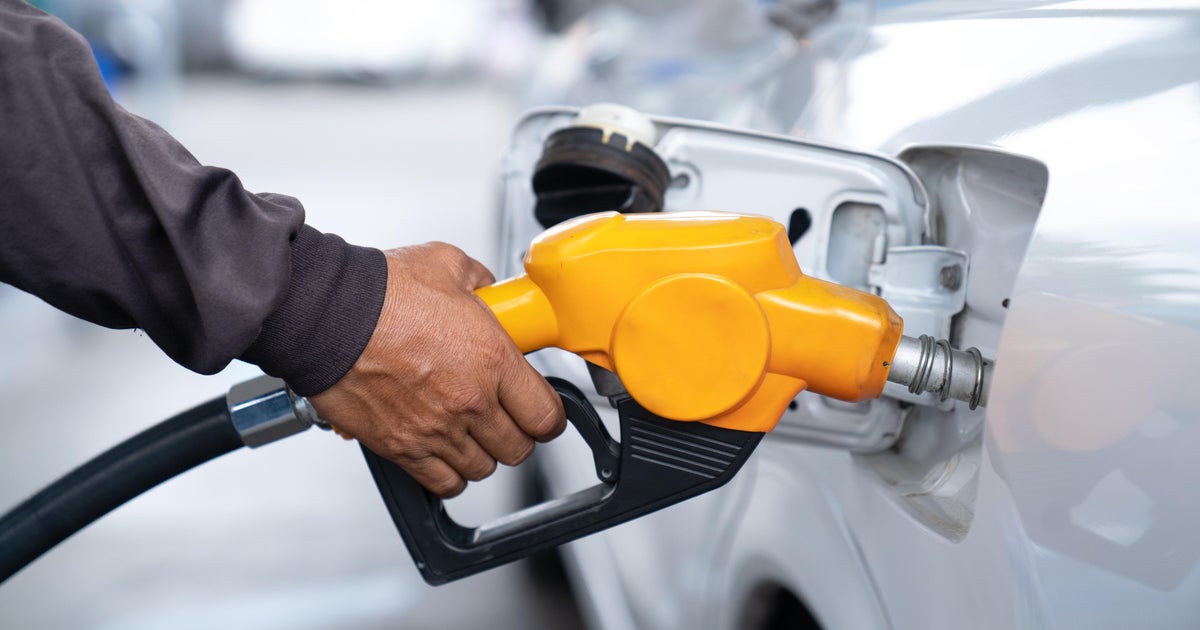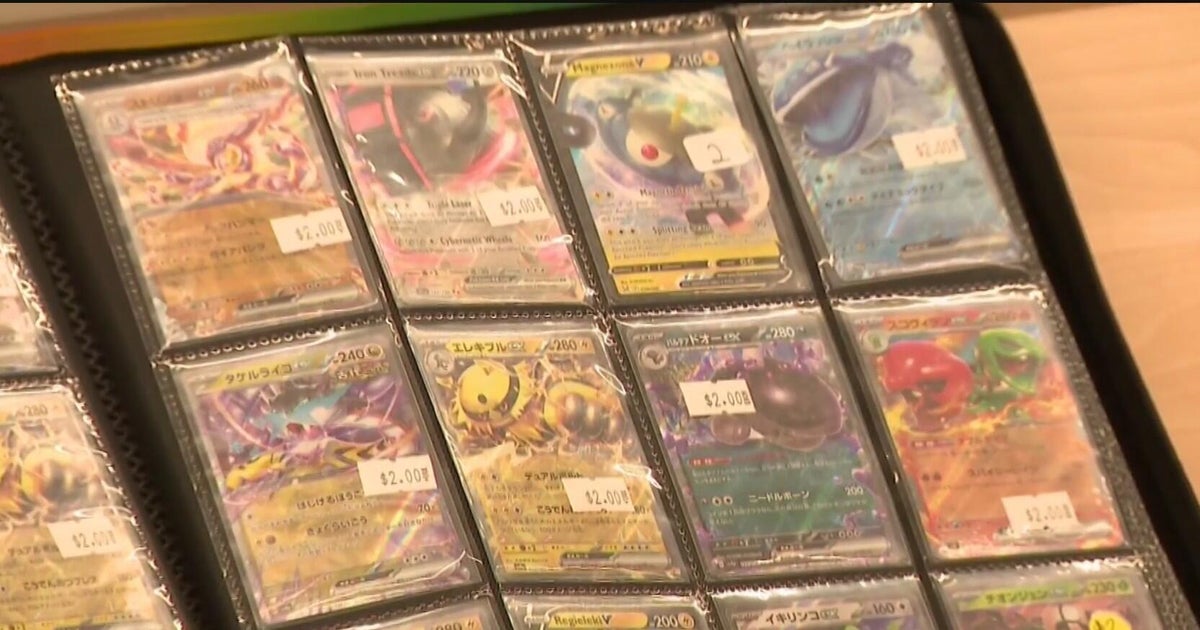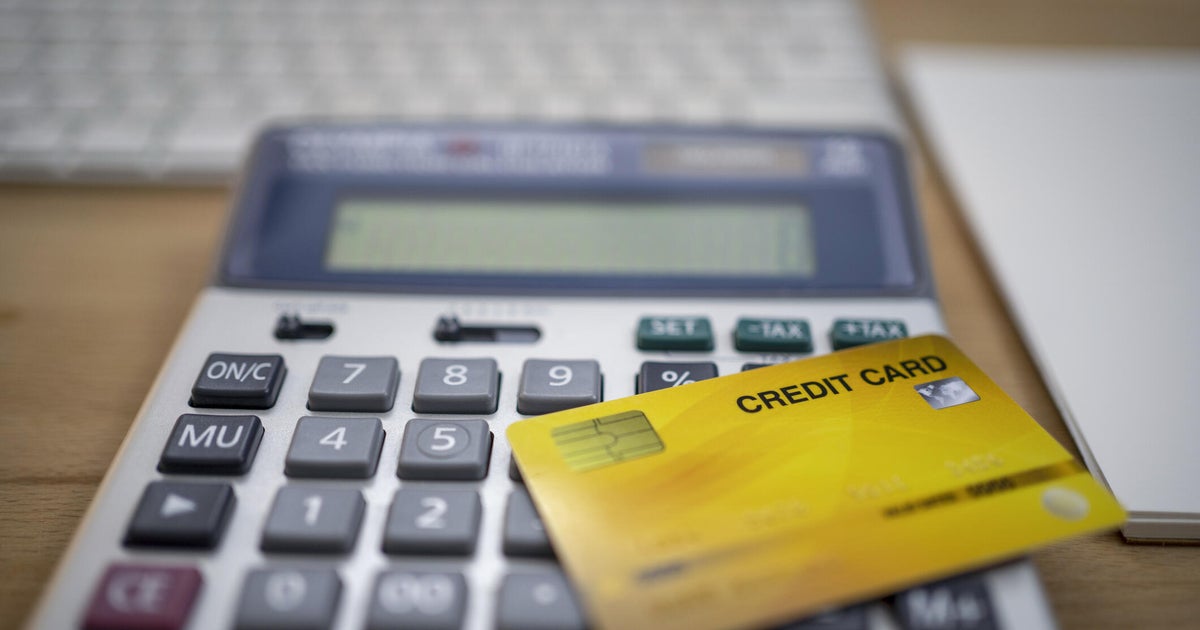Target Set To Upgrade To Safer Card Technology
MINNEAPOLIS (WCCO) -- Changes are on the way for customers in the check-out line.
After the Target data breach that impacted at least 40 million accounts, stores and banks decided to upgrade to chip-implanted credit cards.
Banks and stores vowed to get the new system in place by this October, but experts say it can be difficult to gauge how many stores and banks have fully made the transition.
A Target spokesperson said on Monday the major retailer is on track to begin mailing out new chip-based cards to customers in the next couple of months.
Customers did not seem to know much about the impending changes.
"I haven't heard anything yet, but I'm glad they are working toward protecting our information," Minneapolis shopper Kris Stefano said.
Target already upgraded the machines that read cards to be able to accept regular cards as well as the chip-based cards.
The chip-based cards are inserted into the machine, rather than swiped.
University of Minnesota marketing professor Akshay Rao says exactly how many banks and businesses have made that switch is unclear because it is a very costly and lengthy process.
Rao said a regular card costs about 20 cents to issue while the chip-based card can run up to $3 per card.
Each new card reader costs up to $600.
"When you add it all up, it is a big chunk of change," Rao said.
Rao says banks and businesses set the October 2015 deadline to avoid extra fraud charges.
"They are faced with the question of 'At what point does it make sense to protect everybody because the cost of not doing so are so much higher?'" he said.
Beginning in October, some banks and businesses agreed that fraud liability falls onto the bank or the business with the older technology.
Rao says the agreement was made to make sure businesses and banks make the upgrades at the same time.
"Eventually, cardholders who are concerned about their security will stop going to stores that don't have chip technology, so they're going to lose some business," Rao said.
Even though the chip system is already being used in many parts of the world, Rao says consumers still need to continue checking their accounts closely because hackers are often one step ahead of technology.







